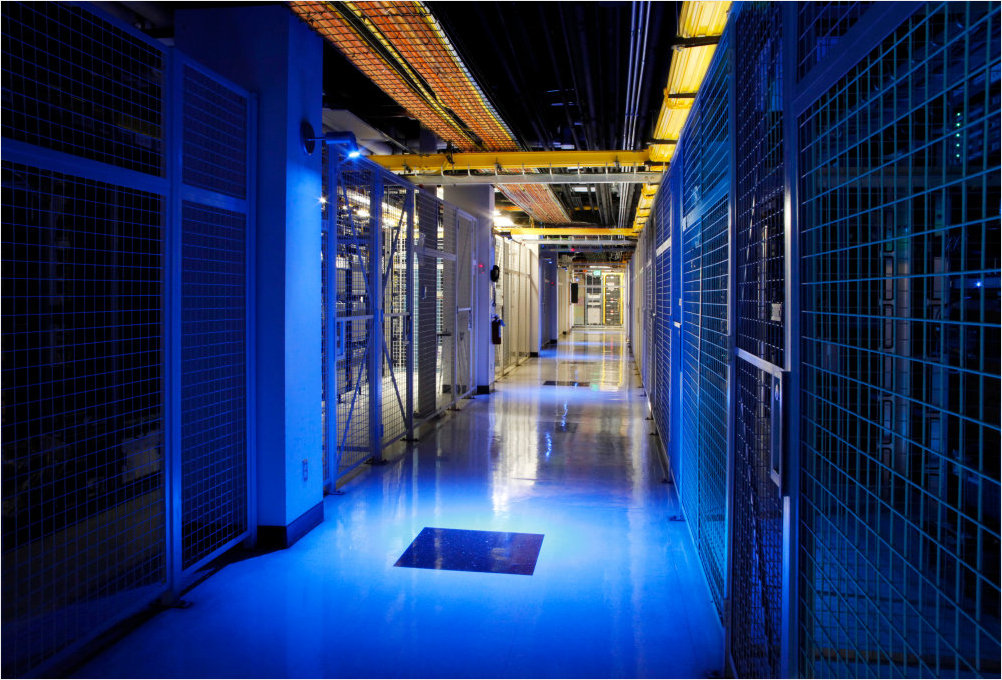The internet isn’t what most people think it is. It’s not a single, magical cloud floating somewhere in the sky. (As cool as that would be)
Instead, it’s more like a massive system of interconnected highways, main roads and streets stretching across the globe.
But here’s the million-dollar question: How do all these different “road networks” (like Telstra, Google, Optus, Netflix) connect to each other efficiently so you can watch a video or visit a website without waiting forever?
The Network of Networks
“The internet” is over 100,000 individual networks called Autonomous Systems (AS). Each AS has a unique number and operates independently, with its own infrastructure and routing policy (its own set of rules for how data flows through it).
Here are some examples you’ll recognize:
- Telstra (AS1221)
- Google (AS15169)
- Cloudflare (AS13335)
Each of these networks needs to connect to others to make the internet work. That’s where peering comes in.
What Exactly Is Internet Peering?
Internet peering is an agreement between two networks to exchange traffic directly, without going through a middleman (IP transit). Instead of having someone else to carry their data , networks connect their infrastructure directly to each other.
The Biggest Benefits of Peering
Lower Latency (Faster Speeds)
When networks peer directly, data takes the most direct path possible. This reduces the physical distance and time it takes for information to travel. Instead of your data taking the scenic route through multiple networks, it goes straight to its destination. This is especially important for ecommerce stores, where performance directly impacts sales. You can measure this impact using tools like Google PageSpeed Insights.
Improved Reliability
Peering provides more paths for data to travel, making the network more resilient to outages. If one path goes down, traffic can automatically reroute through other peering connections. This reliability is backed by our 99.9% uptime guarantee (SLA).
Lower Costs
Networks avoid paying expensive IP Transit fees to a middleman for traffic they exchange directly. When you eliminate the toll roads, everyone saves money—and these savings often get passed on to customers.
Why Coralis Peers Directly with Cloudflare (And many other networks)
This is where theory becomes real-world advantage for your website(s).
Coralis directly peers with Cloudflare here in Sydney. It’s like we’ve built a private, multi-laned “express road” straight to their network with no traffic lights, no speed limits, no congestion.
What This Means for You
Near-Zero Latency: Data traveling between your website on our servers and the Cloudflare network doesn’t traverse the public internet. The trip takes less than one millisecond (under 1ms). This instantaneous and secure communication is crucial for security checks and serving cached content.
A Faster Website: When a visitor comes to your site, the connection between your Coralis hosting and Cloudflare (if you choose to use it) is effectively instant. This shaves a little loading time off every single request, leading to better user experience, higher conversion rates, and improved Core Web Vitals for SEO. Every little bit counts!
Practical Visualisation
When someone visits your website:
When your web host doesn’t peer with Cloudflare: Your visitor’s request travels from their ISP → Transit Provider → Another Transit Provider → Cloudflare → Transit Provider → Your Host. Each hop adds delay and potential bottlenecks.
With Coralis (Who peers with Cloudflare): Your visitor’s request travels from their ISP → Cloudflare → Your Coralis VPS. Fewer hops, faster response, better experience.
The difference? Your website loads faster, your customers stay engaged longer, and search engines reward your site with better rankings.
How to Choose Hosting That Benefits from Well Thought Out Internet Peering
When evaluating hosting providers, ask these questions:
- Do you peer directly with major CDNs like Cloudflare?
- Do you operate your own Autonomous System (AS)?
- What Internet Exchange Points do you connect to?
- Can you show me your network topology and peering relationships?
A hosting provider that invests in strategic peering relationships and robust infrastructure will deliver better performance for your website.
Peering Makes for a Better Internet for All
Choosing a host that strategically peers with critical networks like Cloudflare isn’t just a minor technical detail. It shows that a hosting provider cares about the quality of service they provide, and the speed of their customer’s websites.
It’s how we ensure your website is on the fastest and most direct route to your customers.

